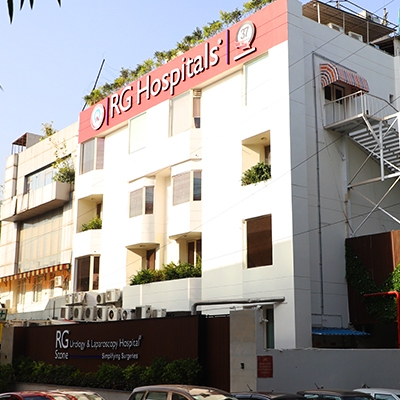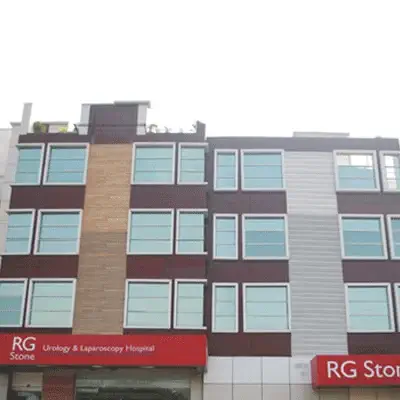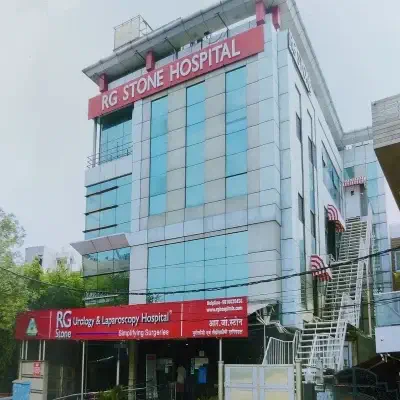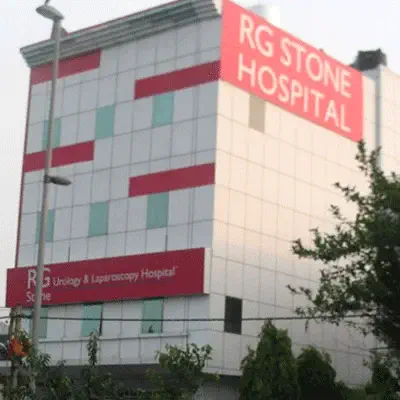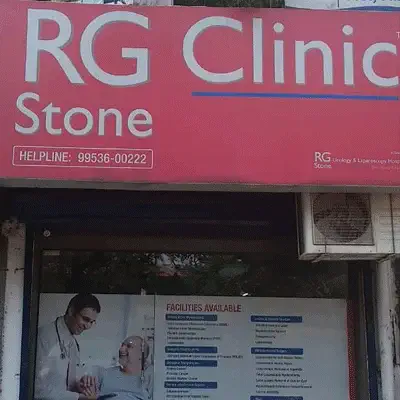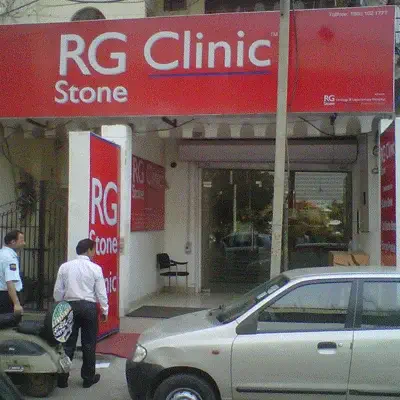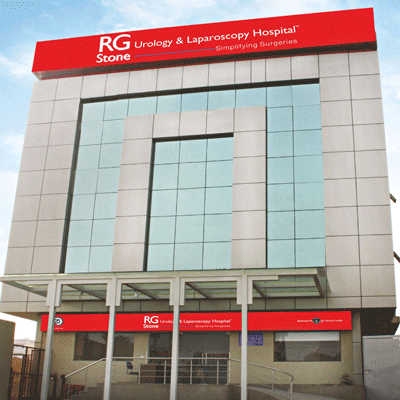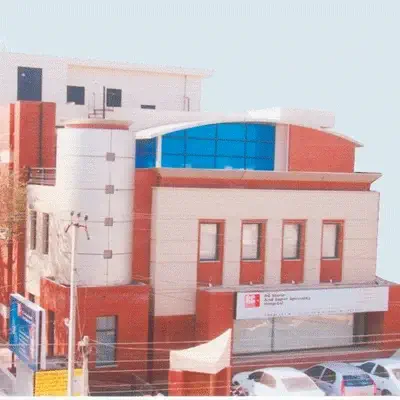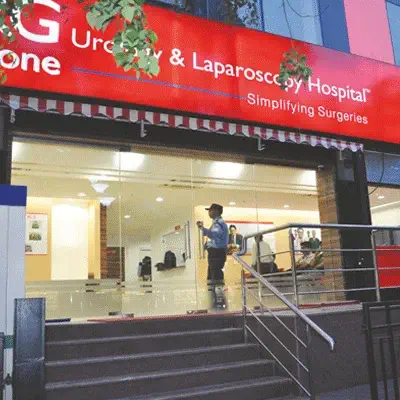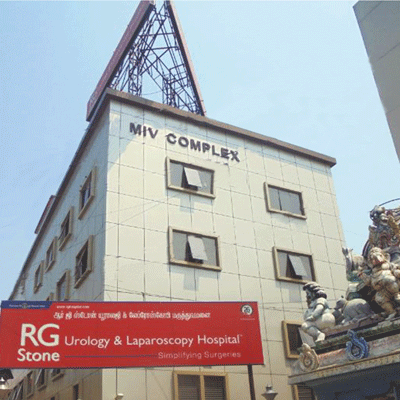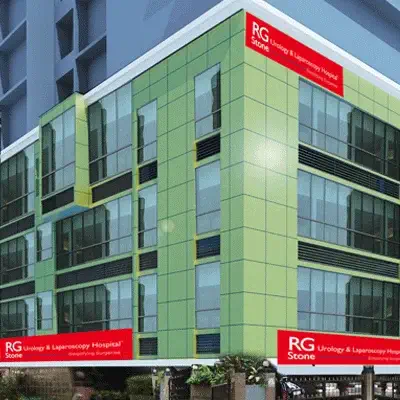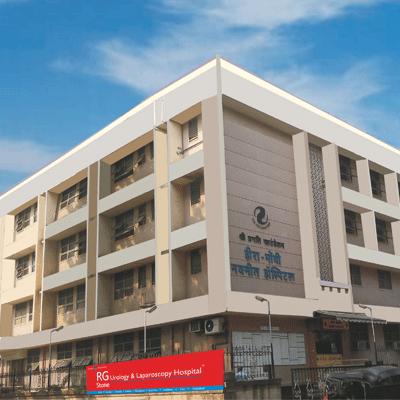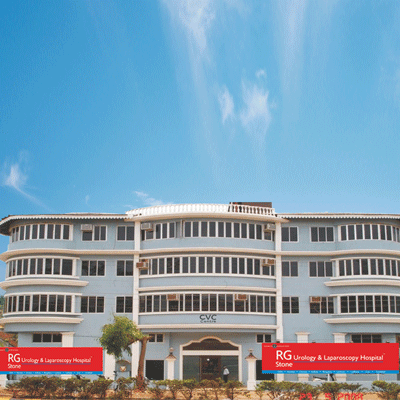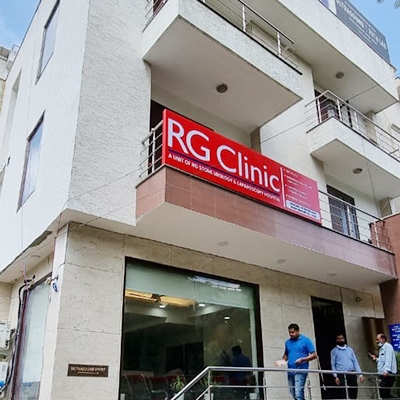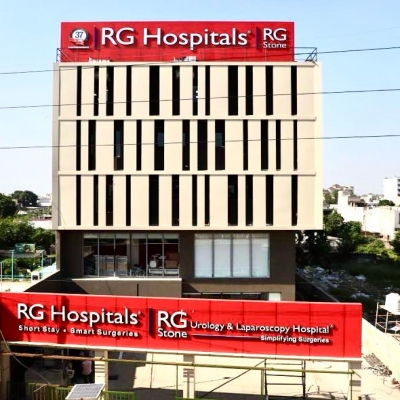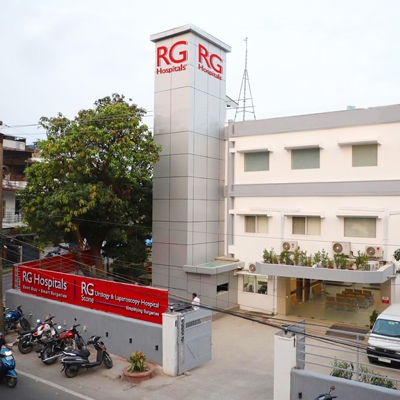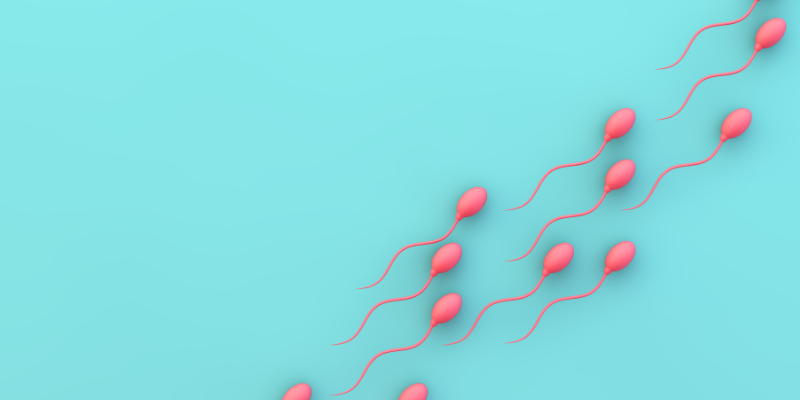Male infertility can arise from a variety of causes, including hormonal imbalances, genetic factors, lifestyle choices, and medical conditions. Common causes include low sperm count, poor sperm motility, and abnormal sperm morphology. Hormonal disorders such as low testosterone or issues with the pituitary gland can affect sperm production. Genetic abnormalities like Klinefelter Syndrome or Y Chromosome Microdeletions can also play a role. Lifestyle factors such as smoking, excessive alcohol consumption, and drug use can further impair fertility. Additionally, certain medical conditions, including diabetes and infections, can contribute to male infertility.
Symptoms of male infertility are often subtle and may not be immediately obvious. Some men may experience reduced libido, erectile dysfunction, or painful ejaculation, which can indicate underlying issues with fertility. Physical signs such as swelling or pain in the testicles, or changes in semen consistency, might also signal fertility problems. It is crucial for men experiencing these symptoms or struggling with conception to seek medical evaluation and diagnosis to address and treat potential issues effectively.
Procedures & Interventions
Surgical options may be necessary for conditions like Varicocele (enlarged veins in the scrotum) or obstructive issues in the reproductive tract. Procedures such as Varicocelectomy or Vasovasostomy can improve sperm delivery and increase the chances of successful conception.
Techniques such as Intrauterine Insemination (IUI) and In Vitro Fertilization (IVF) are used to directly assist in achieving pregnancy. ART involves collecting sperm and eggs and facilitating fertilization in a lab setting, increasing the likelihood of conception.
For men with very low sperm count or no sperm in the ejaculate, sperm retrieval methods like Testicular Sperm Extraction (TESE) can be employed. This involves extracting sperm directly from the testicles or epididymis for use in assisted reproductive procedures.
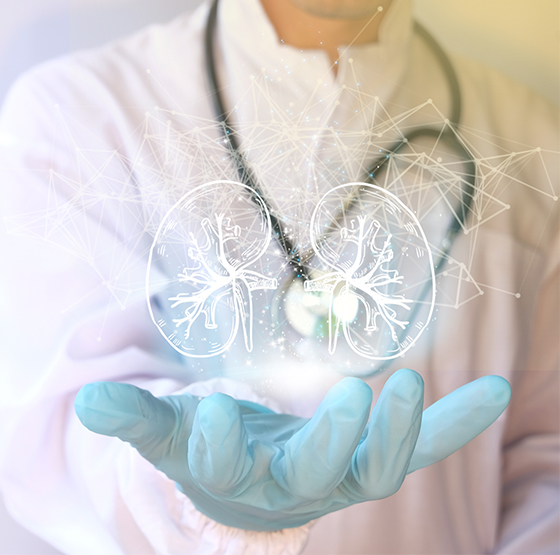
Surgical options may be necessary for conditions like Varicocele (enlarged veins in the scrotum) or obstructive issues in the reproductive tract. Procedures such as Varicocelectomy or Vasovasostomy can improve sperm delivery and increase the chances of successful conception.
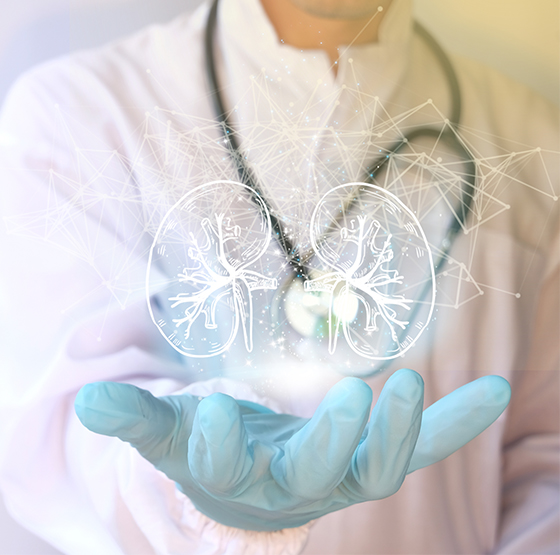
Techniques such as Intrauterine Insemination (IUI) and In Vitro Fertilization (IVF) are used to directly assist in achieving pregnancy. ART involves collecting sperm and eggs and facilitating fertilization in a lab setting, increasing the likelihood of conception.
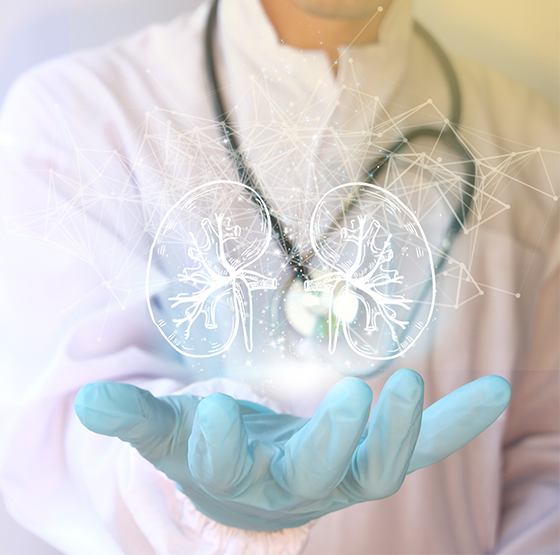
For men with very low sperm count or no sperm in the ejaculate, sperm retrieval methods like Testicular Sperm Extraction (TESE) can be employed. This involves extracting sperm directly from the testicles or epididymis for use in assisted reproductive procedures.
Team of Excellence
Behind every recovery story at RG Hospitals is a team of exceptional doctors whose passion for healing and innovation continues to transform healthcare and redefine patient outcomes.
Find a DoctorLooking for an Expert
RG Hospitals is proud to be the home of some of the world's most distinguished doctors.

Patient Stories
View AllPatient Testimonial | Commitment To Care
Treated by Dr. Manoj Gupta , RG Stone Hospital, Dehradun
- All Locations
- New Delhi
- Haryana
- Punjab
- Kolkata
- Chennai
- Mumbai
- Goa
- Uttar Pradesh
- Uttarakhand


